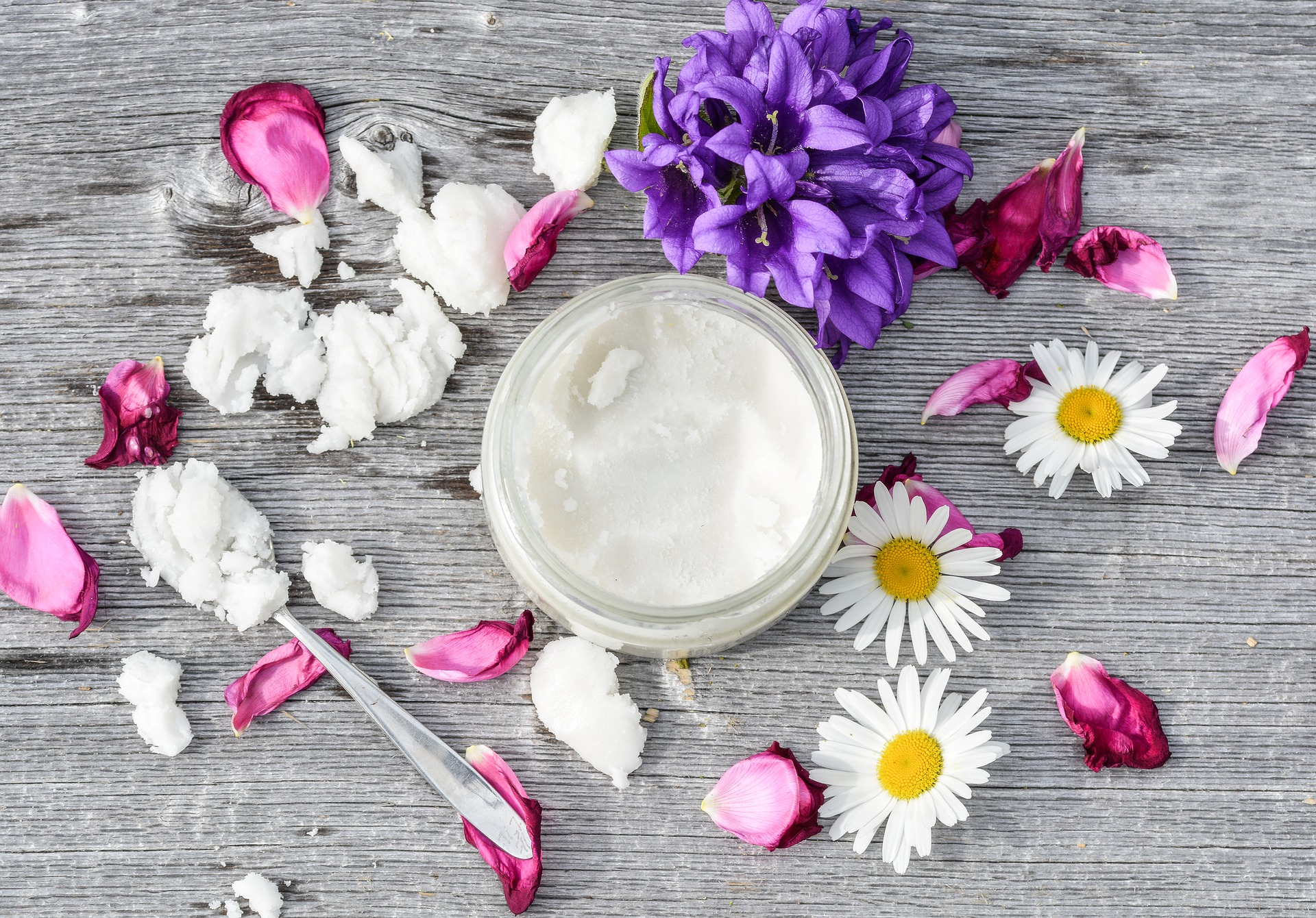The behavior of shopping or buying excessively has been described as a disorder.
Compulsive buying disorder (CBD) “is characterized by excessive shopping cognitions and buying behavior that leads to distress or impairment”. Statistics say that 5% of adults in developed countries suffer from compulsive, obsessive shopping. Most likely people who have shop addiction are depressed, sad, and angry. This condition of depression is what pushes them to shop crazily, hoping that their mood would change, but guess what?
Compulsive shopping gives them a feeling of euphoria or momentarily happiness. Then, they quickly get down. Moreover, they regret it and feel ashamed and embarrassed after a shopping spree, which leads them to feel more depressed, distressed, and unfortunately leading to more shopping. This problem got worse when people started to shop online since they are able to buy quietly, easily, and quickly through online stores. What can someone do to get rid of shopping addiction? Follow these tips:
- Understand your feelings.
You have to understand the emotional triggers that push you to compulsive shopping. Whether you’re depressed, angry or lonely and by shopping, you are trying to cheer yourself up or not. Does shopping make you feel happy or it is fake happiness?
- Understand the phenomenon.
Understand your financial ability and what you’re getting through. The ones who deny and lie about their addiction are the most extreme compulsive spenders. They are not aware of their stage (how much money they have? What is the limit of spending they must not exceed? And many other questions they have to answer). They don’t accumulate the items they buy or sort out what is needed and not before paying money. - Write things down
Write your financial goals so you keep them in your mind while shopping. Before going shopping, write your shopping list and the amount of money you are going to spend. STICK to THE LIST. - Avoid online shopping
Block online sites and channels on your computer, phone, and television, secure the password to unlock these items, and never get back to them. By doing this, you are making shopping not as convenient. When going to real markets, you sometimes feel lazy and think twice before going out.
- Find other alternatives.
Whenever you feel the urge to shop, fill your time with any form of exercise, e.g. go for a walk or take up any hobby that does not require you to spend money. This can take your mind off the urge until it passes.
- Talk to someone
Tell your best friend or any loved one about your problem. They might have got through the same problem so they will help you in recovery and give you pieces of advice. If you don’t find anyone to help you and the problem is still there, go for support groups, life coaches, or licensed mental health counselors. They can help with their coaching and evidence-based plans. Most importantly, don’t give up or ignore the problem. Search for treatment. Shopping addiction is not trivial but rather a serious problem.



















